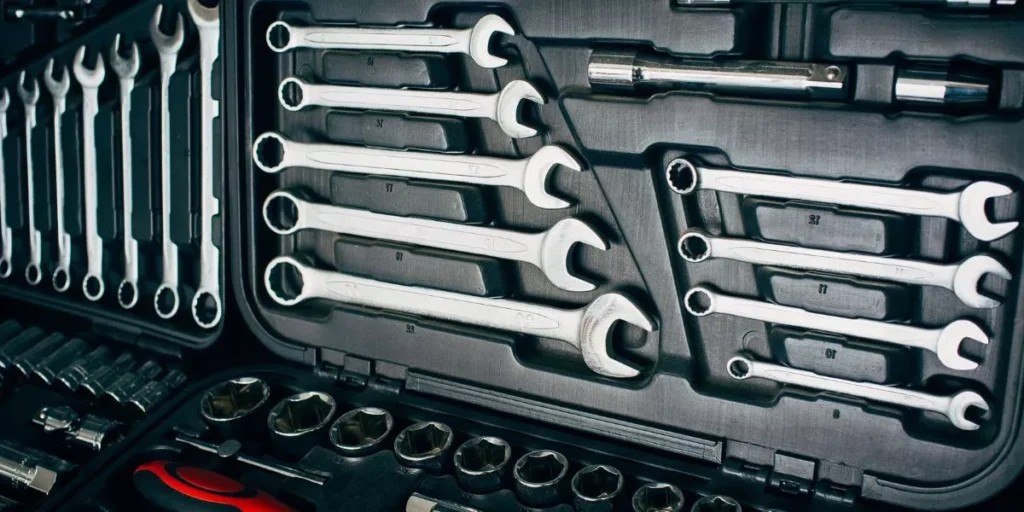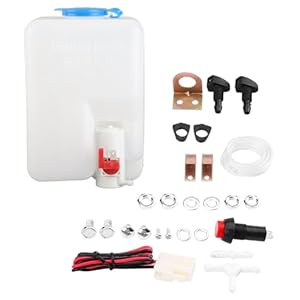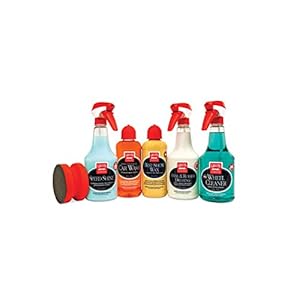
You’ve probably experienced the inconvenience of a flat tire or a sudden breakdown while driving. But, did you know that being equipped with a few essential tools can make these situations much more manageable? From tire maintenance to basic repairs and emergencies, having the right tools in your car can be a game-changer. So, what exactly are the must-have tools for every car owner? Let’s explore the key items that can help you handle common car issues with ease and stay prepared for the unexpected.
Tire Maintenance Tools
Ensuring you have the necessary tire maintenance tools on hand is essential for keeping your car in top condition. One of the most critical tools to have is a tire pressure gauge. This simple device allows you to check your tire pressure regularly, ensuring proper inflation levels that can improve fuel efficiency and overall safety. Additionally, having a quality tire inflator or air compressor can save you in emergencies when a tire unexpectedly loses pressure.
A tire tread depth gauge is another essential tool. This small device helps you measure the depth of your tire treads, giving you insight into the condition of your tires and whether they need replacing. It’s recommended to have a lug wrench and a jack in your car as well. These tools are necessary for changing a flat tire quickly and efficiently.
Lastly, a tire repair kit can be a lifesaver. It allows you to patch up small punctures temporarily, so you can safely drive to a repair shop. By having these tire maintenance tools ready, you can ensure your car’s tires are in optimal condition, increasing your safety on the road.
Basic Repair Tools
Having the right basic repair tools in your car can be a lifesaver in unexpected situations. A simple toolkit should include items like a set of screwdrivers, pliers, an adjustable wrench, and a socket set. These tools can help you tackle minor repairs or adjustments on the go.
A tire pressure gauge is also essential to ensure your tires are properly inflated, improving fuel efficiency and safety. Including a flashlight with extra batteries is crucial for nighttime repairs or emergencies. Duct tape and WD-40 can temporarily fix various issues until you can get proper help.
It’s advisable to have a pair of work gloves to protect your hands during repairs. Additionally, keeping a multi-tool with a knife and scissors can come in handy for various tasks. By having these basic repair tools in your car, you’ll be better prepared to handle unexpected breakdowns or minor repairs without needing to rely solely on professional assistance.
Emergency Tools
In case of emergencies on the road, having the right emergency tools in your car can make all the difference. One essential emergency tool to have is a flashlight with extra batteries. When your car breaks down at night, a flashlight can help you see what’s wrong or alert other drivers to your presence.
Another crucial tool is a portable tire inflator. This can be a lifesaver if you get a flat tire and need to inflate it to reach the nearest service station. Additionally, carrying a set of jumper cables is vital for jump-starting your car if the battery dies.
It’s also wise to have a reflective warning triangle to set up behind your vehicle in case of a breakdown to warn other drivers. Lastly, a basic first aid kit can be invaluable in minor medical emergencies. These emergency tools can provide peace of mind and assistance when you need it most.
Diagnostic Tools
Wondering how you can quickly identify issues with your car? Diagnostic tools are essential for every car owner. A basic OBD-II scanner is a must-have. This tool plugs into your car’s onboard diagnostic (OBD) system and provides valuable insights into your vehicle’s health. It can read error codes, check engine light status, and monitor various sensors in real-time.
Investing in a quality multimeter is also wise. This versatile tool helps diagnose electrical issues, test batteries, and troubleshoot circuits. For more advanced users, consider a scan tool with enhanced capabilities. These tools offer more in-depth diagnostics and can access manufacturer-specific codes.
Additionally, a fuel pressure gauge is handy for diagnosing fuel delivery problems. By monitoring fuel pressure, you can pinpoint issues with the fuel pump, filter, or injectors. Having these diagnostic tools on hand empowers you to quickly assess and address car issues, saving time and money on potential repairs.
Automotive & Tools














